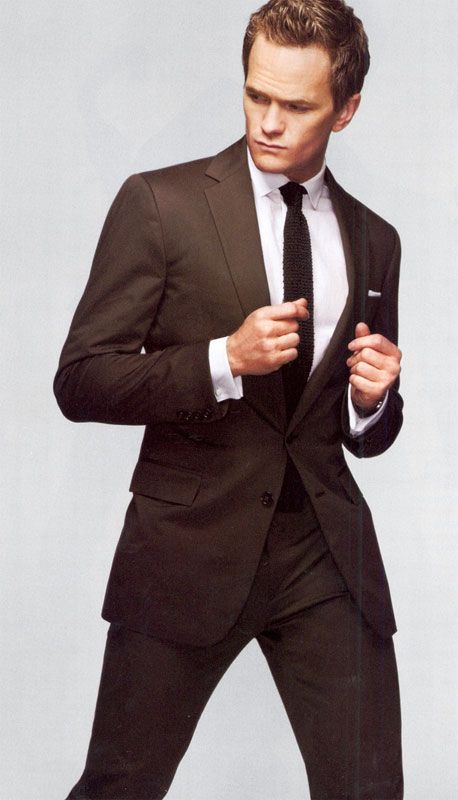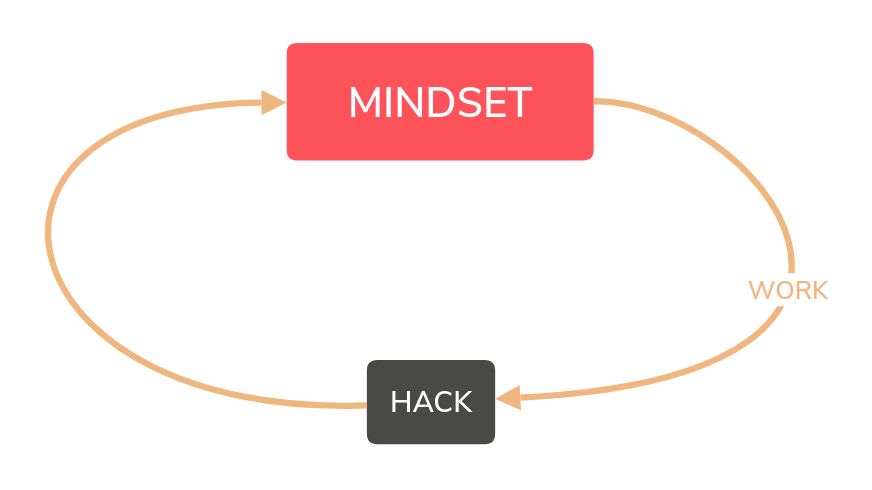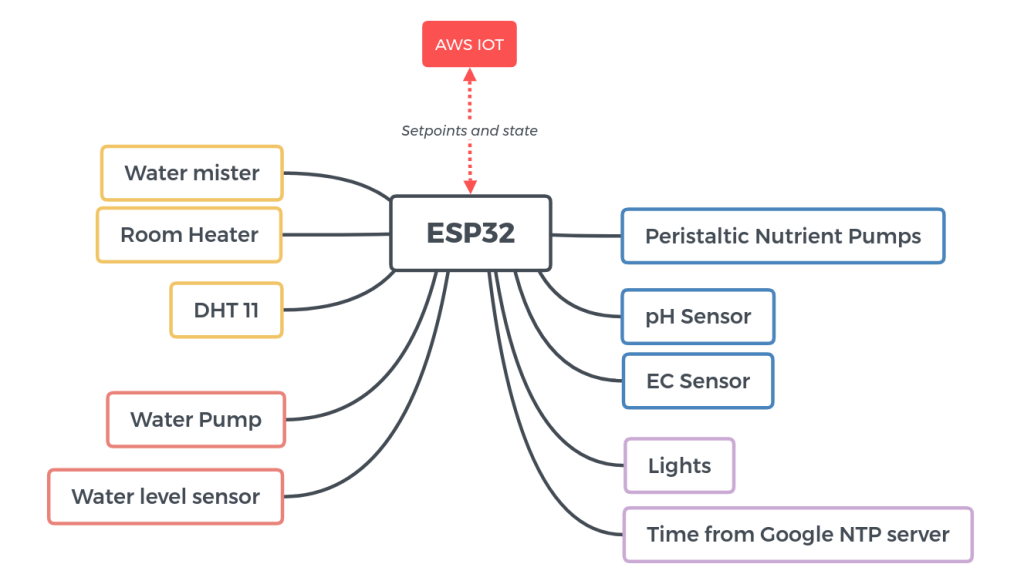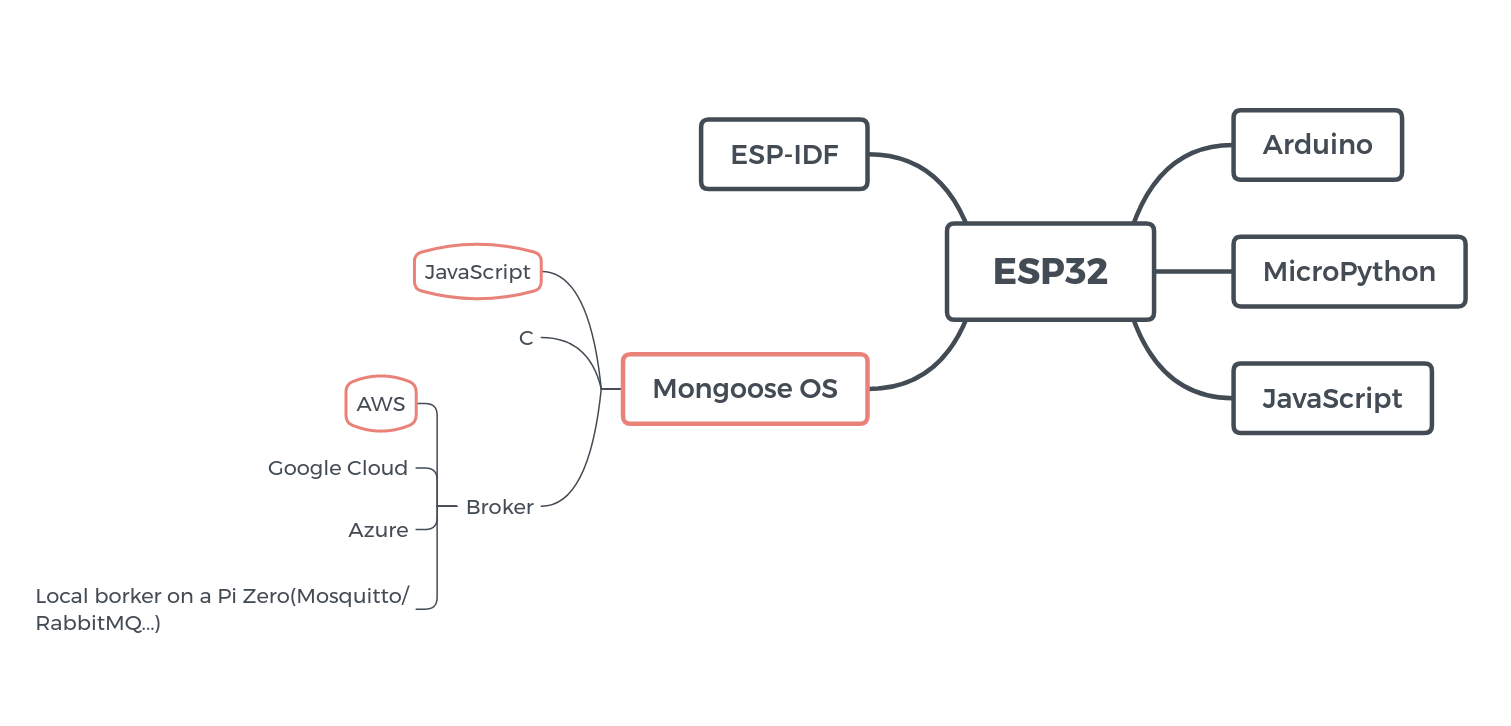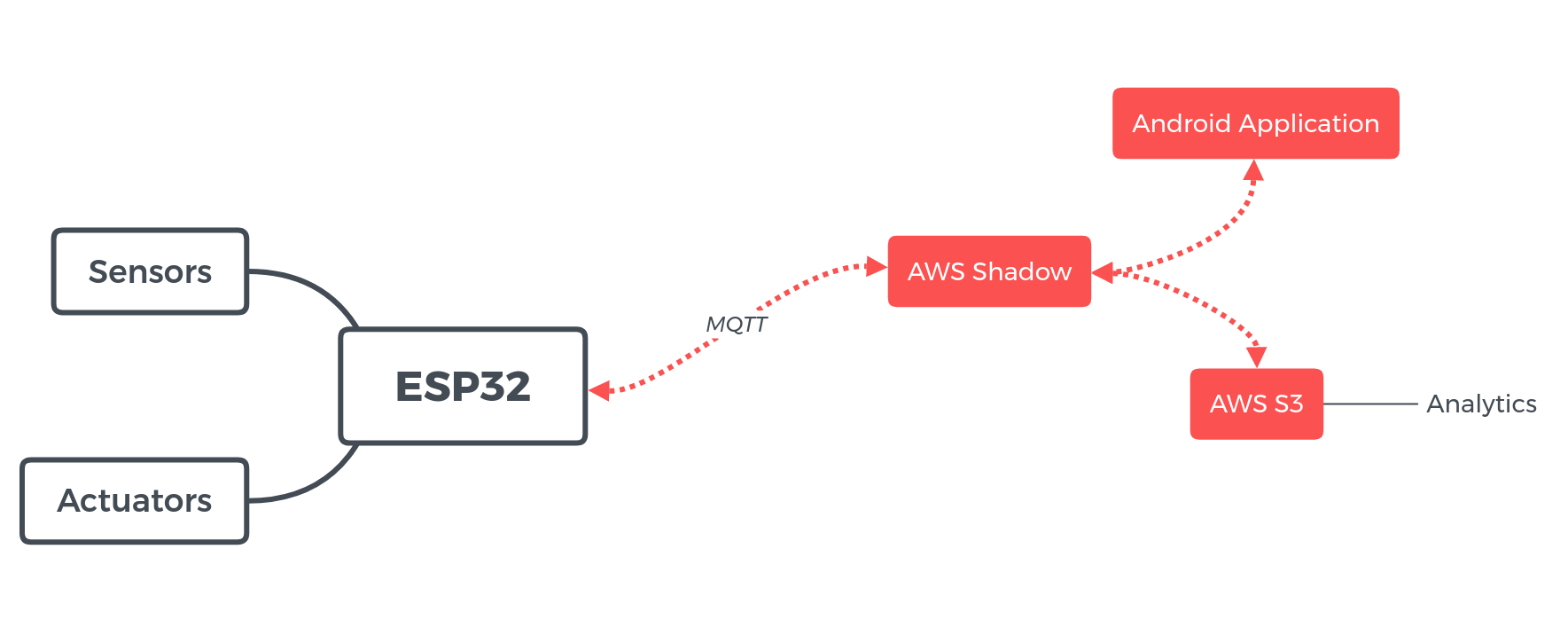We have come up to the third post on this blog, and given my history of abandonment and procrastination, it already is, something.
The last couple of years have been a bit of a mental muddle for me, especially the last one. Initially, it felt like a passing phase but then it stretched. I felt like a fake, trying to hold a facade, I had become afraid of failure, of trying, my eyes constantly lingered on the destination and not the trail. At times I longed for someone with whom I could lay bare these vulnerabilities of mine, someone who wouldn’t stab me with my armour off. All of this unpleasantness forced me to look at myself and troubleshoot what was going wrong. Yes, there were a couple of external factors playing their part but today, I believe all of it distils down to one single point, I was unable to respect myself, no longer proud of being myself.
The stage for this was set in the first two years of my college. I cannot speak for all institutions but the Indian Institute of Technology BHU has this culture where effort is downplayed and the results glorified. Essentially, the higher your perceived result/effort ratio, the bigger your clout. All of this didn’t matter to me initially, as an underdog, just another random face in the crowd. But then time passed and as everyone does, I too started having an impression in my tiny portion of the universe. I started growing a reputation of someone who knew how to get things done, how to build things that worked, also came the reputation of someone who didn’t study his coursework. All good, even enjoyable for a couple of years, but then things changed.
As a natural part of growing up, I moved on to bigger, more complex projects but I had already set myself up for failure. I had developed a fear of failure and far worse, a fear of lowering my perceived result/effort ratio. A larger project brings with it bigger challenges, which need more effort, ingenious and maybe far fetched solutions, but every time a project floundered, instead of doubling my efforts, taking more creative, more risky approaches, I would instead cut losses(risk/effort ratio) and bail off. A couple of consecutive failures take a big hit on your confidence and you begin anticipating failure, spiralling into a self-sustaining vortex.
I picked up a camera in the third year of my college, quite determined to learn photography, Starting with books and blogs, I got reasonably good with object photography since I could practice that in my room, alone with no one else there to judge the results. The problem was that I could not click people, presented with an opportunity to click people, my brain would suddenly find itself dropping down a well of laziness, it would find something more important, urgent. Once in a while, I would win in this battle against my own insecurities, but often I failed. The point to be noted here is that quite often, the thing we most dearly want is also what we are most afraid to go after since we have attached too much value to it. We become afraid of failure, holding off till a hypothetical day when we will be fully prepared to take on the challenge, a day when we would have eliminated every probability of failure. That day never comes.
There is a misguiding force in our heads. It pulls us away from our strongest calling. I have been a victim of this force, still am, probably a lot of us are. Look out for the things you are most reluctant to pursue, hidden underneath would be your deepest desires, run after them ignoring every misleading story that your brain makes up, you would find happiness.
The writer William Faulkner was once asked ‘Do you write on inspiration or on a schedule?’ Faulkner replied. ‘Well, of course I write on inspiration, fortunately it strikes every morning at a quarter past 9.’
GET UP AND GET CRACKING. EVERY TARGET OUT THERE ASKS FOR A PAYMENT IN THE CURRENCY OF EFFORT AND EFFORT ONLY. PAY THE BILL TAKE YOUR GOODS HOME.


